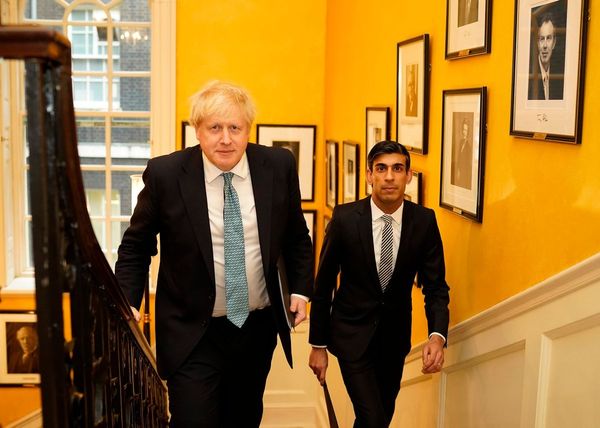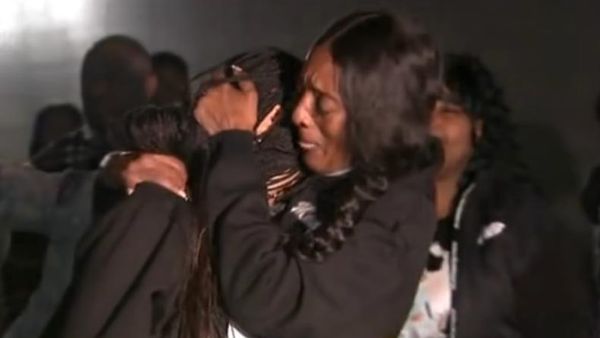
The pianist and teacher Maria Yudina was one of the most enigmatic musicians of the Soviet era. A friend of Shostakovich (her student contemporary), Boris Pasternak and Osip Mandelstam, she was an openly devout Christian and a champion of many western modernist composers who were proscribed in the Soviet Union. Although banned from giving recitals for a number of years, she seems to have led something of charmed life during Stalin’s reign of terror, inspiring a number of stories – almost certainly apocryphal – about the tyrant’s admiration for her playing.
Those stories are one of the starting points for Joe Cutler’s chamber opera Sonata for Broken Fingers, which received its premiere in a concert performance with Sian Edwards conducting Birmingham Contemporary Music Group. It is described rather hopefully as a “dark absurdist thriller”, but what Cutler and his librettist Max Hoehn have produced is an awkward mix of fact and fantasy. In their text, Yudina becomes the pianist and pedagogue Maria Maximova, who has been incarcerated in a psychiatric hospital as what Soviet doctors term a “sluggish schizophrenic”, and whose recordings have all been destroyed. Late one night in 1953, Stalin demands that a recording of Maximova playing “Beethoven’s Sonata No 33” (why not a real Beethoven sonata?) is sent to his office by the following morning. No one has the courage to tell him that all of her recordings have been destroyed on his orders, and so the pianist, who has not played for five years and has two broken fingers, is rushed into a recording studio and forced to rerecord the sonata.
The story unfolds in 20 snappy scenes, with the text delivered in a mix of speech, declamation and occasional songs sung over ostinatos, pedal notes and rattling percussion from the six-piece ensemble, and punctuated by snatches of a pre-recorded piano, playing what sounds like pastiche Beethoven. Yet it’s all quite uninvolving, because for too much of the opera Maximova is a marginalised character who only comes into focus in the final scene, when she describes her experience of playing at Stalin’s funeral. That at least is a fully fledged aria, which Claire Booth could make the most of; elsewhere she was limited to occasional snatches of rather brittle coloratura.
The other singers - Stephen Richardson as the sombre, dark-toned Stalin, Christopher Lemmings as Gleb, the director of Moscow Radio who’s thrown into a panic by Stalin’s demand, James Cleverton as Leonid, the minister of culture who is also Maximova’s brother, Lucy Schaufer as the doctor who is the only one who has qualms about the way in which the pianist is treated – all did what they could with what they were given, but in the end it was all rather underwhelming.







